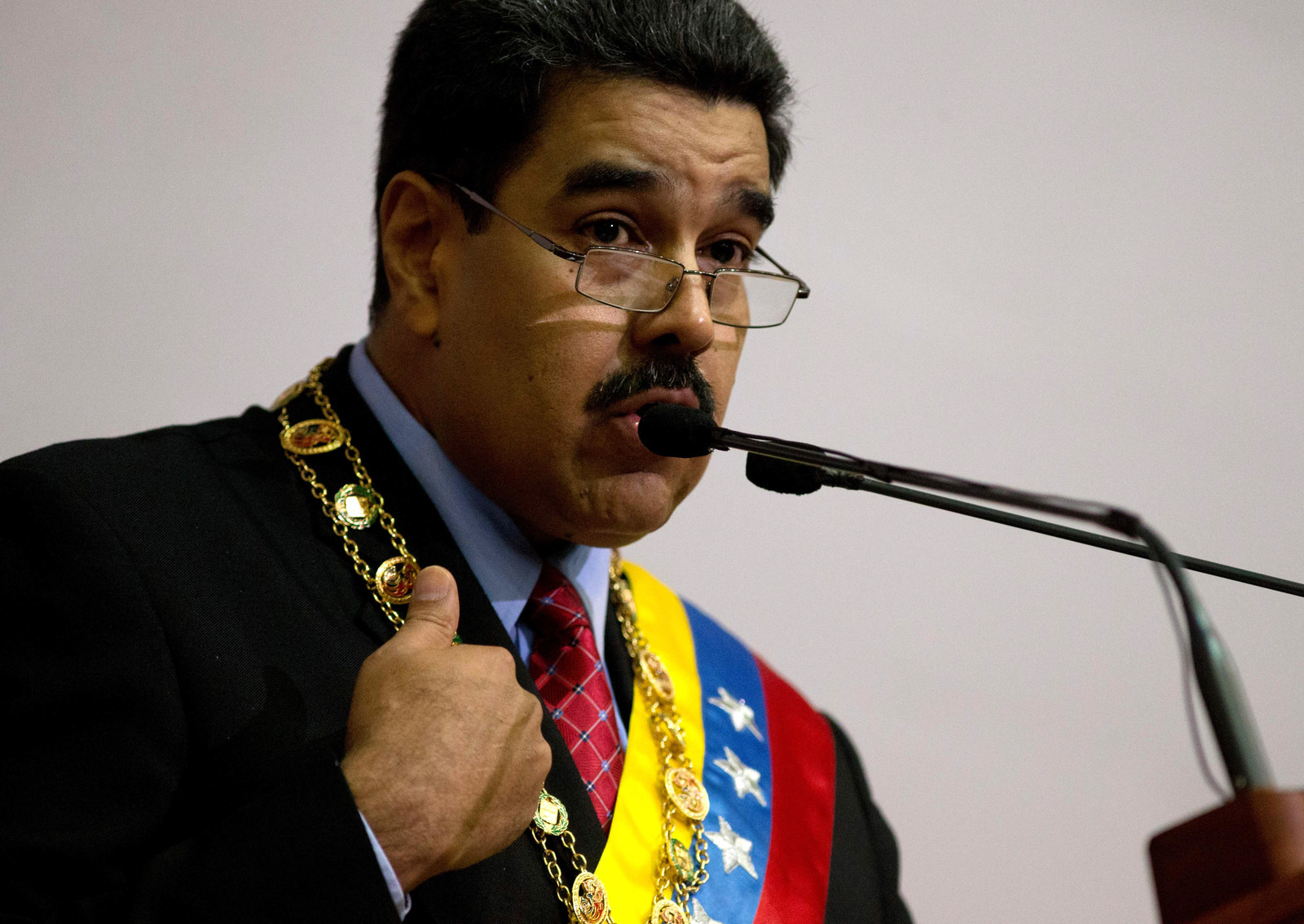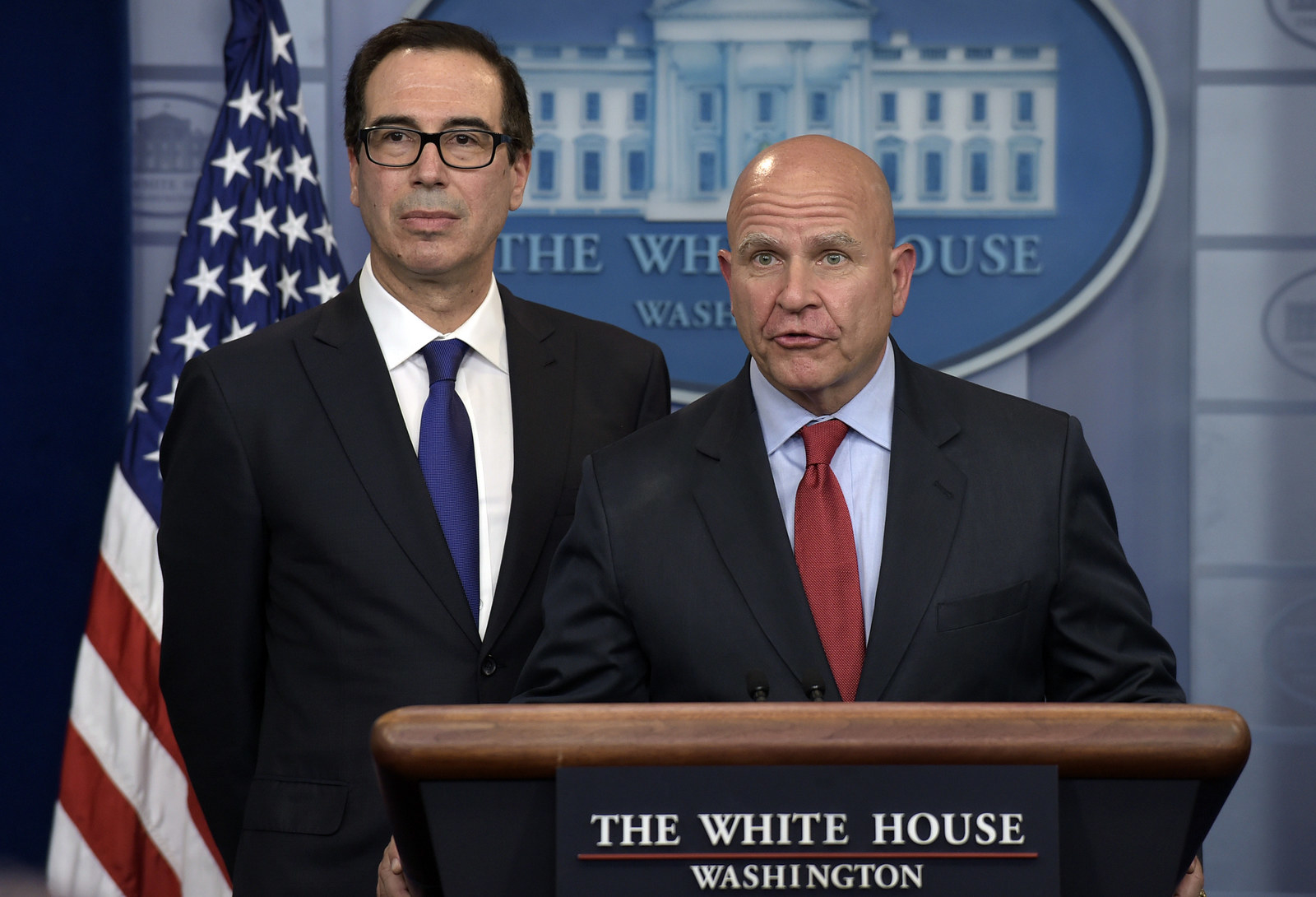The US Has Sanctioned Venezuela’s President. Its Oil Could Face The Same Fate.

MEXICO CITY, Mexico — The US government sanctioned Venezuelan President Nicolás Maduro just one day after the socialist leader held a controversial vote to rewrite the constitution, further isolating the politically embattled country.
“Yesterday’s illegitimate elections confirm that Maduro is a dictator who disregards the will of the Venezuelan people,” Treasury Secretary Steven T. Mnuchin said on Monday in a statement announcing the sanctions.
The designation freezes Maduro’s assets in the US and prohibits Americans from dealing with him.
The move brought the US one step closer to imposing broader economic sanctions on the country, which are both feared for the impact they may have on the Venezuelan people and believed to be necessary to put an end to Maduro’s government.
Should the sanctions on Maduro not have their intended effect, the US Congress is considering targeting Maduro’s wife, Cilia Flores, followed by the Socialist Party’s No. 2, Diosdado Cabello, and Defense Minister Vladimir Padrino in future sanctions, a Venezuelan official with knowledge of the ongoing discussion told BuzzFeed News.
The official, who asked for anonymity because of the sensitive nature of the matter, added that if individual sanctions do not stem the political crisis, President Donald Trump’s administration will likely target Venezuela’s oil sector, which accounts for 95% of its export earnings and about 25% of its gross domestic product. According to the official, the US would first stop selling refined gasoline to Venezuela, then issue a full oil embargo.
“We don’t comment on future sanctions, but we will continue to monitor the situation,” Mnuchin told reporters at a White House briefing on Monday.

"It could bring Venezuela to its knees," Eric Farnsworth, vice president of the nonprofit Americas Society/Council of the Americas, told BuzzFeed News.
David Smilde, senior fellow at the Washington Office of Latin America, said economic sanctions could cause a famine in the country, which was once one of the most prosperous in Latin America.
Yet some argue that this may be the only way to halt Maduro’s increasingly authoritarian rule. The elections on Sunday that caused Maduro to be placed on the US’s sanctions list for Venezuela was for members of a new constituent assembly that will redraft the constitution. Those members now have the power to dissolve the National Assembly, one of the last opposition holdouts in the country.
At least 10 demonstrators were killed during clashes with the police, making it the deadliest day in three months marked by regular protests.
"It would be very difficult to achieve a political change without economic sanctions, which would end the corruption schemes the government lives off,” Enrique Altimari, the international representative for Primero Justicia, one of the main opposition parties, told BuzzFeed News.
In May, the Treasury Department added eight members of the Maduro-friendly Supreme Court to its sanctions list. Earlier this year, the Office of Foreign Assets Control designated Venezuelan Vice President Tareck El Aissami, referring to him as a prominent drug trafficker.
Maduro is the fourth head of state currently sanctioned by the Treasury. Others include North Korea’s Kim Jong Un, Zimbabwean President Robert Mugabe and Syrian President Bashar al-Assad.







No comments: